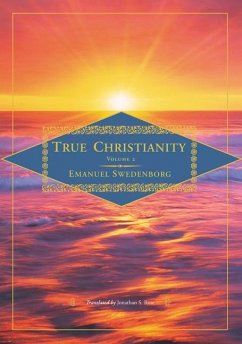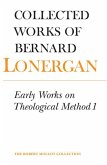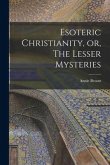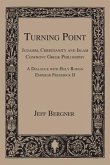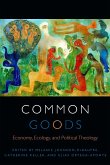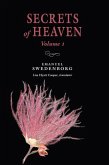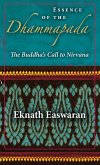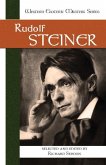True Christianity, the last book published by Swedish scientist-turned-seer Emanuel Swedenborg, serves as both the keystone in the architecture of his theology and the summary of his far-reaching psychological insights. This volume, the second of two, discusses freedom of choice, repentance, the true meaning of being "born again," and the spiritual significance of rites like baptism and communion (which Swedenborg calls the Holy Supper). Finally, Swedenborg describes his vision for the coming spiritual age, in which the Christian church as he knew it in his time would be replaced with a new way of relating to God and the universe.

